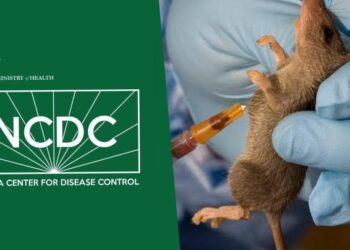Shingles happen when the varicella-zoster virus, the same virus that causes chickenpox, wakes up again in your body. After you recover from the chickenpox virus, the virus doesn’t completely go away. Varicella-zoster hides out in your nerve cells and stays there, inactive. Most people never feel anything from this dormant virus.
But later in life, if your immune system gets weak due to aging, stress, or certain medications, the virus can reactivate. When that happens, it travels along the nerves to your skin, causing a painful rash with blisters. This rash usually shows up as a stripe on one side of your body. In this article we’re going to look at the diagnosis, treatment, and prevention of shingles.

Treatment for Shingles
Typically, since shingles is caused by the varicella-zoster virus, doctors usually prescribe antiviral medications like acyclovir, valacyclovir, and famciclovir. This medication will shorten the illness and even manage the pain. However, as soon as you notice a weird looking rash, you need to start the treatment on time.
That’s not the only treatment option for shingles. There are also creams or ointments that contain ingredients like capsaicin or lidocaine, that can provide relief for the rash and pain, when applied directly to the affected area. In some cases, doctors may prescribe corticosteroids to reduce the inflammation and pain of the rash.
What Are The Common Complications That Can Arise After Having Shingles?
Yes, there is. One of the common complications of shingles is a condition called post-herpetic neuralgia (PHN). PHN is basically nerve pain that persists even after the rash has healed. What’s even crazy about PHN is that it can last for months or even years.
However, not everyone with shingles develops PHN. It is usually a risk in older adults or those who have a severe case of shingles. With PHN, it requires extra treatment beyond that of shingles, which could be specific pain medication or therapy.
Prevention of Shingles
- If you’re 50 years or older than that, doctors will recommend that you get a shingles vaccine. It will help lower your chances of getting shingles, and even though you eventually get it, it will be less painful.
- You can also get a chickenpox vaccine which will not only stop chickenpox but also stop you from getting shingles. Most people got chickenpox vaccine when they were kids, but if it’s something you didn’t do, it is worth considering.
- Lastly, a healthy lifestyle makes your immune system stronger. You can stay healthy by eating a balanced diet, exercising, and reducing stress.
Bottom Line
Shingles is like an unexpected comeback from the chickenpox virus you thought was gone for good. It hides out in your nerve cells and can pop back up later in life, especially when your immune system isn’t as strong. The good news? Getting treated early with antiviral meds can really help. However, to avoid shingles altogether, getting vaccinated is a smart move, especially if you’re over 50. In addition, living a healthy lifestyle like eating right, staying active, and managing stress, can keep the virus from reappearing.

















